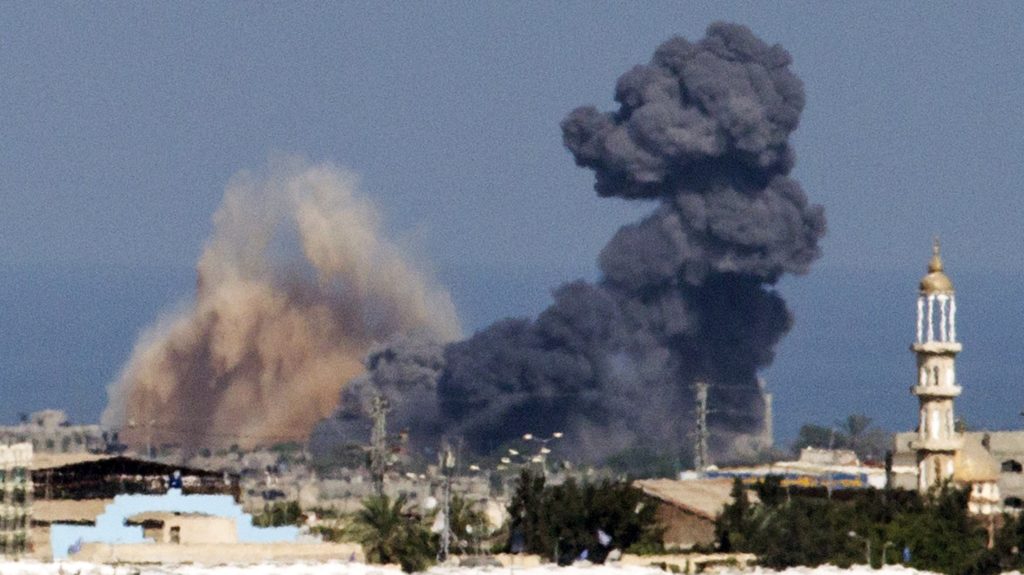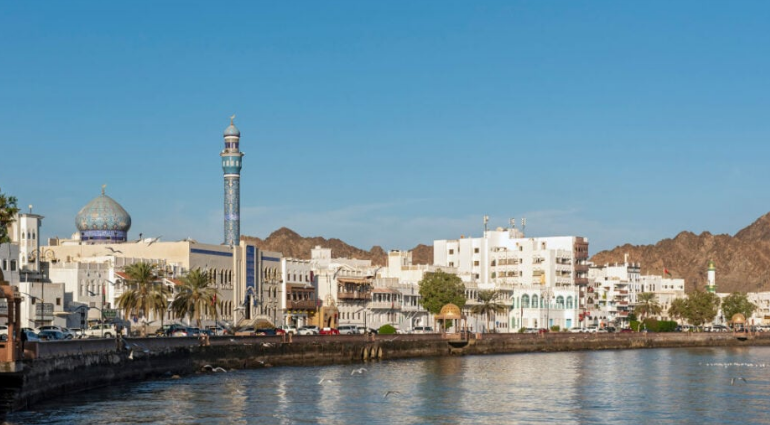Bangladesh is facing a highly fluid political situation following the resignation of Prime Minister Sheikh Hasina amid mounting protests. The unrest has escalated dramatically, resulting in widespread violence and significant loss of life. According to the Dhaka Tribune, at least 135 people were killed across the country on Monday alone.
The clashes between demonstrators and members of the Awami League, the ruling party, have been particularly deadly. Police firings have claimed the lives of at least 96 people, with the Savar and Dhamrai regions on the outskirts of the capital, Dhaka, witnessing intense violence. At least 18 people were killed in these areas, and 50 others were injured as police used tear gas and live bullets to disperse the crowds. Local reports indicate that several journalists were among those shot.
In another violent incident, 10 people were killed in Dhaka’s Uttara district when individuals in civilian clothes reportedly opened fire on protesters from the Uttara East police station. The incident provoked hundreds of enraged citizens to surround the police station and set it ablaze.
As the violence spread, Dhaka Medical College Hospital received 37 bodies between 11 a.m. and 8 p.m. on Monday, as reported by Prothom Alo. Additionally, the hospital treated around 500 individuals with various injuries, including gunshot wounds, with 70 of them admitted for further treatment.
Eyewitnesses reported attacks on the Jatrabari police station in Dhaka during the afternoon. In Sreepur, Gazipur, Border Guard Bangladesh (BGB) personnel opened fire on a group that had blocked two BGB trucks, resulting in at least six people being shot. The trucks were transporting around 80 BGB personnel at the time.
The resignation of Prime Minister Hasina has sparked celebrations in some parts of the country. In Chittagong, people from all walks of life marched and distributed sweets in celebration after reports surfaced that Hasina had left Bangladesh. Joyous processions spread through various parts of the city, including Muradpur, Agrabad, Dewanhat, and Bahaddarhat.
Following her resignation, Sheikh Hasina arrived in India on Monday evening. It remains unclear whether she will stay in Delhi or move to another location, with some reports speculating that she may proceed to London.
In response to the crisis, leaders of the Anti-Discrimination Student Movement have proposed an interim government led by Nobel Laureate Dr. Muhammad Yunus. This proposal was announced in a video message released early Tuesday by key student leaders Nahid Islam, Asif Mahmud, and Abu Bakar Mazumdar. President Mohammed Shahabuddin has given his nod to form an interim government to run the country, with an outline expected to be formulated within the next 24 hours.
The situation in Bangladesh remains tense, with the nation grappling with the aftermath of intense violence and political upheaval.




